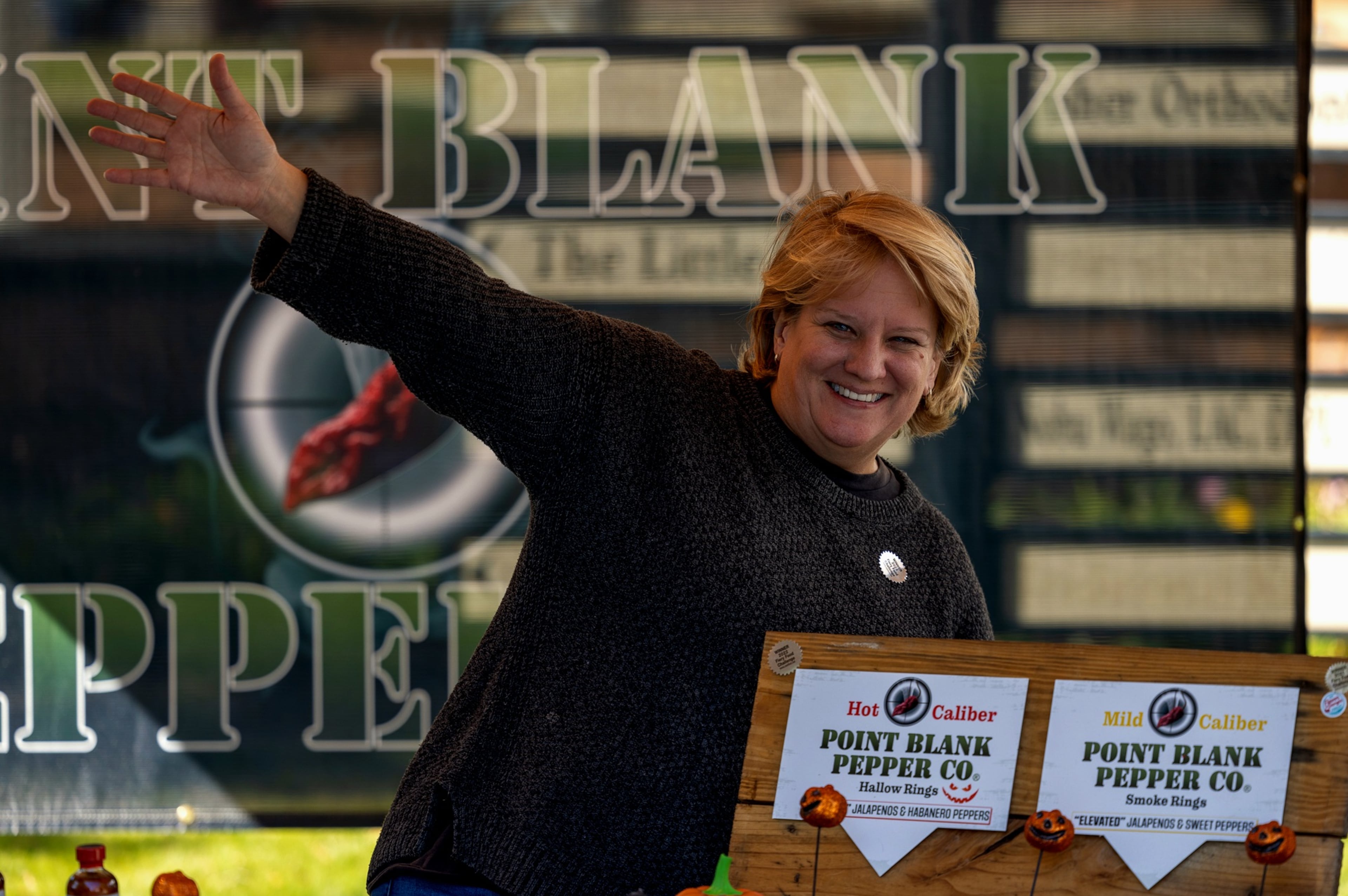The recipe for making your kids wiser starts with these 3 ingredients

I love a good recipe. My country upbringing is showing when I say that my favorite is my mom’s garlic and cheese grits casserole, chock full of rich butter and cream with just the right amount of salty golden brown crunch baked on top. Healthy? A big no. Delicious? Oh yeah.
Any good chef understands you have to know when something is in the main dish category or the side dish category. Parents, I’m talking to you (and myself): Your child’s happiness is best seen as a side dish, not the main. Let’s consider the concept of wisdom as a more hearty main course.
Growing research suggests that pursuing wisdom can be useful to society and has been linked to better overall physical and mental health, well-being, happiness, life satisfaction and resilience.
Many students are looking to technology for wisdom. In a previous column, I explained why AI ‘advisers’ are very dangerous resources right now for young people, but where can they go if they can’t look to technology for insights? The concept of wisdom can be somewhat obscure and hard to nail down. Kids are hungry for resources that help them navigate and understand their world in the gray areas of life: gossip, crushes, quiet bullies, friend jealousy, feeling purposeless, performance anxiety, choosing college majors or how to know when to break up with someone. The list could go on.

There are three main ingredients in the recipe to help kids and youth pursue wisdom.
The first ingredient: Connection. Encourage your kids to pursue personal relationships with peers plus a few key life advisers. I’m not talking about paid life coaches or therapists. Those are wonderful resources, but not exclusively the aim here. Sorry to disappoint you Mom and Dad, but you can’t be the only ones in their list of advisers. This small group of people should include fellow students, as well as older adults who are currently in life where your child wants to be one day: a chef if interested in culinary school, a seasoned mother if interested in starting a family, a principal if looking to be a teacher, etc.
Call them a mentor, Big Brother/Sister, professor, Scout leader, or role model, it doesn’t matter. Kids can find someone who’s doing what they want to be doing one day and pick their brain on how they got there and what they think about their path. Tell your kids that many older adults will agree to chat, but let them know some won’t. If it’s a “no,” move on quickly to someone else. I spoke with a 78-year-old the other day and even at his age, he has people he is mentoring and someone mentoring him!
Second ingredient: Storytime. Help your child think about their life as a story.
Narrative therapy tells us that we all create stories about what has happened to us in the past and find our identity within the story we tell about our lives. We are all weaving inferences, emotions and relationships into the storyline of which we ultimately don’t know the ending. Our lives are in part up to external circumstances we can’t control (what family we’re welcomed into, for example) but also in part up to us to make decisions and form agency through what’s called an internal locus of control, the sense that you can direct your life and body.
Any good story has an arc of action, suffering, moments of realization and change. Real life is no different. This is a great time to reframe the reference main character energy that has exploded in some social media circles; the narrative approach isn’t veiled narcissism. Sometimes it’s your turn to shine and sometimes it’s your turn to support others.
The third and final ingredient for pursuing wisdom: Go deeper. Guide your child in seeking meaning and purpose in something bigger than their own self.
Research has revealed up to 75% of millennials are seeking meaning and purpose in life, making them most likely among American adults to question their reasons for living. You can’t teach what you don’t know. Want your kid to find rich meaning and purpose in life? Get on the path to seeking it yourself.
Poetry, literature, philosophy, history, religion and spirituality all have pieces of wisdom that we can absorb into our lives. Extremist groups and negative ideologies in dark corners of online communities feed on this desire our kids have to join with others. As parents, let’s get ahead of the curve and respond by uniting in healthy causes for the good of others.
Kids are already actively seeking insights into life’s murky situations as shown through AI companion usage and social media feeds. There are countless healthier ways for kids to find understanding. If you ‘just want your kids to be happy’ consider encouraging and modeling the pursuit of wisdom instead. If you pursue it, research suggests that maybe the act of searching is in fact, the secret sauce.
Beth Collums is an Atlanta-based writer. With a professional background in child and family therapy, she often writes about the intersection of mental health, relationships and education. If you have any thoughts about this item, or if you’re interested in writing an op-ed for the AJC’s education page, drop us a note at education@ajc.com.


